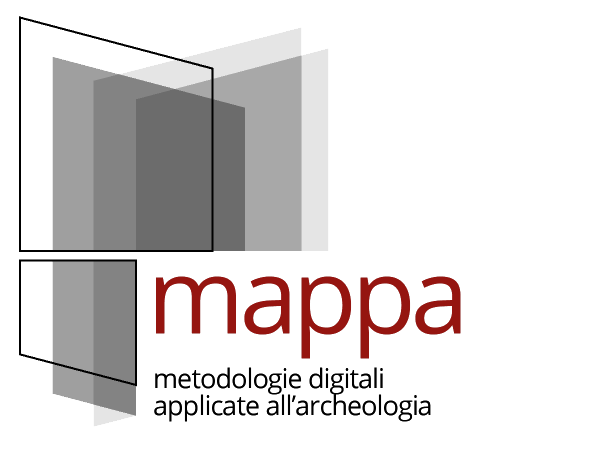ArchMOSS – Archaeology of MOuntain for EcoSustainable development
Since the post-war period, human depopulation and the abandonment of agro-silvo-pastoral activities in the Apuan Alps have allowed the reoccupation of mountain spaces by animal and plant species. Abandonment/resilience/reoccupation characterise the Tuscan mountains and have led to the creation of protected natural areas and the development of conservation policies which, however, are not always fully understood by local communities, opening debates and conflicts on development and environmental preservation policies. The project aims to support environmental conservation policies in mountain areas by promoting, within communities, an informed understanding of the specificities of subsistence activities and biodiversity of the territory.
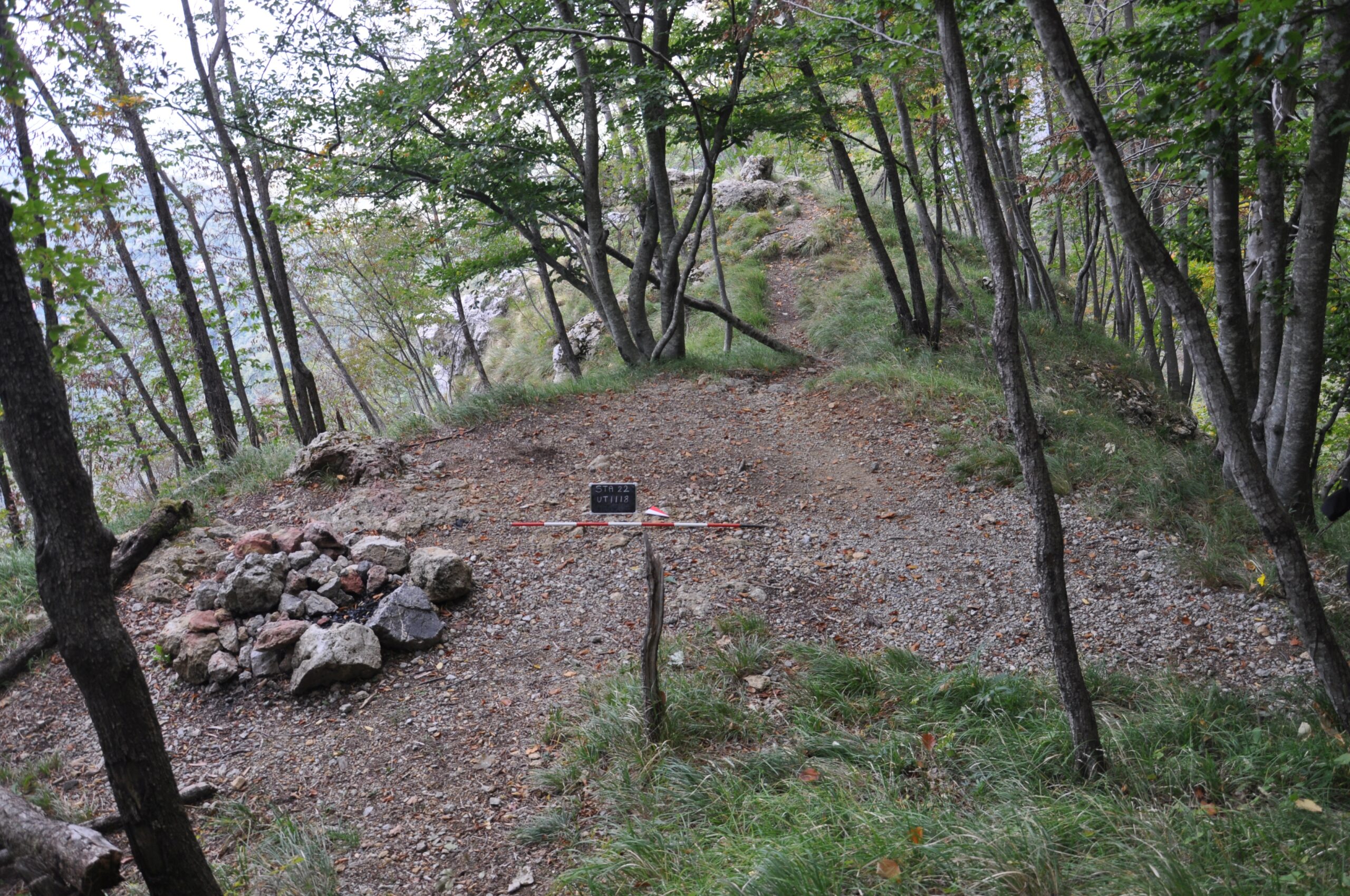
Objectives and expected results
Using archaeological and ethnographic methodologies, ArchMOSS aims to analyse the dynamics of cooperation and coexistence between human communities and the environment to estimate their environmental impact and provide an overview of the interconnections that have led to the formation of the current landscape and provide knowledge support for planning management strategies.
These objectives will be achieved through a series of complementary activities:
– Collection of bibliographic, ethnographic, archaeological, and paleobotanical data related to forest management practices and systems over the last two hundred years, and organization of these within a GIS system that also includes evidence already collected in other projects.
– Mapping of land use and cover changes for a selected sample area based on the results of the data collection phase. This will be carried out using the Historic Landscape Characterisation technique, which allows mapping changes in landscape "characters" diachronically, recording any transformations in land cover. The results obtained will be cross-referenced with those of the first research phase, making it possible to link landscape transformations to the presence/absence of the human element, observing how abandonment processes have modified the environment and landscape.
Analysis of the collected data. Querying, overlaying, and spatial analysis of data collected in the initial phases of the project will be used to try to understand how much human presence has contributed over the past centuries to shaping the contemporary landscape and how charcoal production practices in terms of wood consumption and forest management have impacted the current landscape.
The results will be published and disseminated both to the scientific community and to the local
community.
Activities
A1 – Data Collection and Organization
A1.1 – Census and acquisition of bibliographic data (M 1-2)
A1.2 – Identification and sampling of charcoal kilns (M 3-7)
A1.3 – Collection of environmental data (M 3-7)
A1.4 – Collection and systematization of ethnographic data (M 3-10)
A1.5 – Analysis of soil samples (M 8-10)
A1.6 – Palinological study (M 8-10)
A2 – Historic Landscape Characterization
A2.1 – Acquisition of aerial photographs and vegetation and land use maps (M 10)
A2.2 – Vectorization of the General Cadastre of nineteenth-century Tuscany (M 11-13)
A2.3 – Vectorization of land use and cover changes (M 13-16)
A3 – Analysis, Publication, and Dissemination of Collected Data
A3.1 – Querying and comparison of field-collected data (M 16-19)
A3.2 – Spatial and geostatistical analysis (M 16-19)
A3.3 – Production of a White Paper (M 18-22)
A3.4 – Building the project's media presence (M 1-24)
A3.5 – Public and participatory activities (M 12-24)
A3.6 – Dissemination of results (M 12-24)
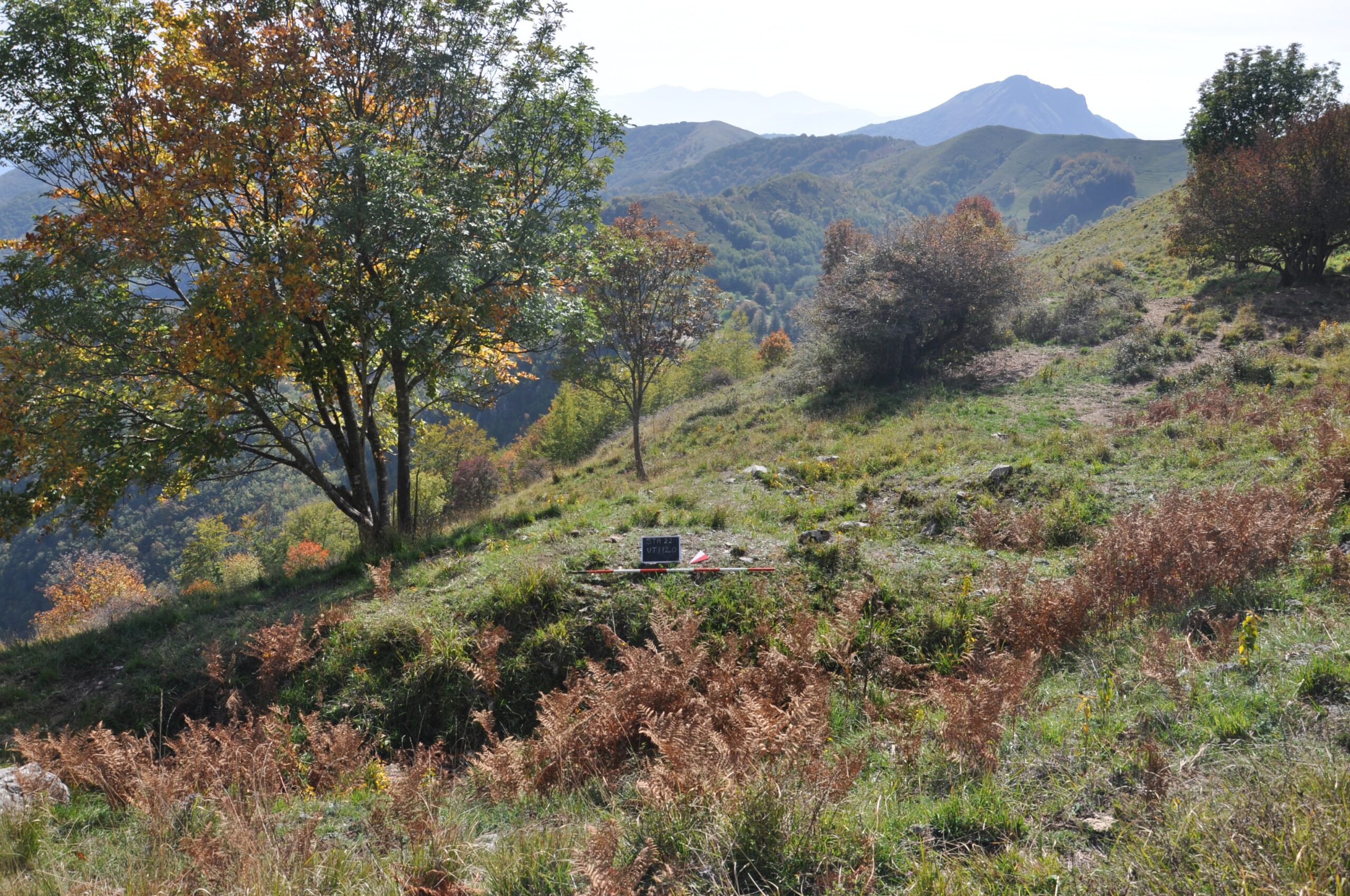
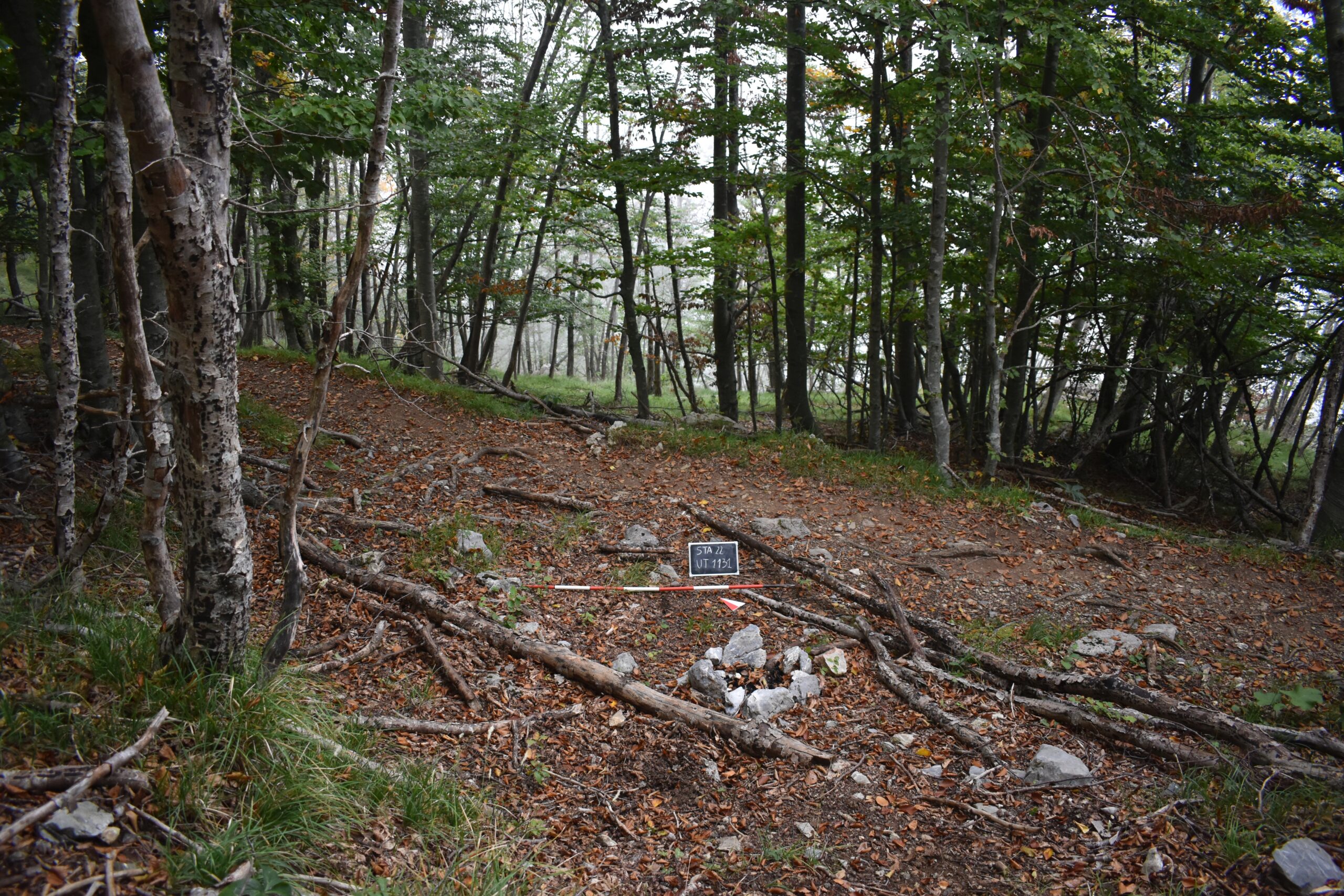
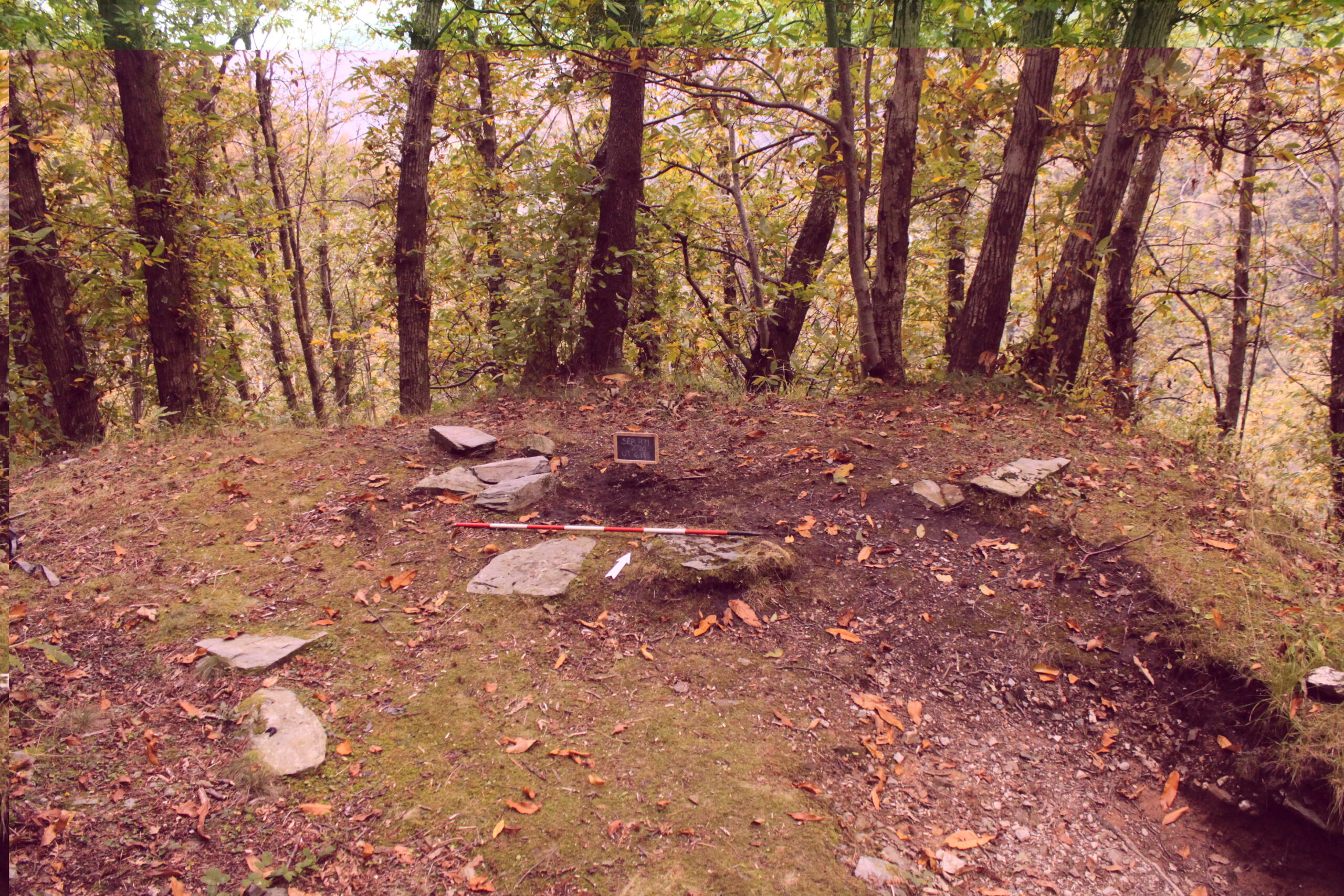
Partnership:
University of Pisa (MAPPALab – Department of Civilizations and Forms of Knowledge)
Tuscany Region
Regional Park of the Apuan Alps
Miningful srls
BIAX-consult
Team
Scientific Coordinator: Gabriele Gattiglia – Unipi
Coordination: Francesca Anichini, Claudia Sciuto – Unipi
Video documentation coordination: Nicola Trabucco – Unipi
Research Fellow: Salvatore Basile – Unipi
Team:
Lionello Morandi – Unipi
Nevio Dubbini – Miningful srls
Radoslaw Grabowski – BIAX-consult
